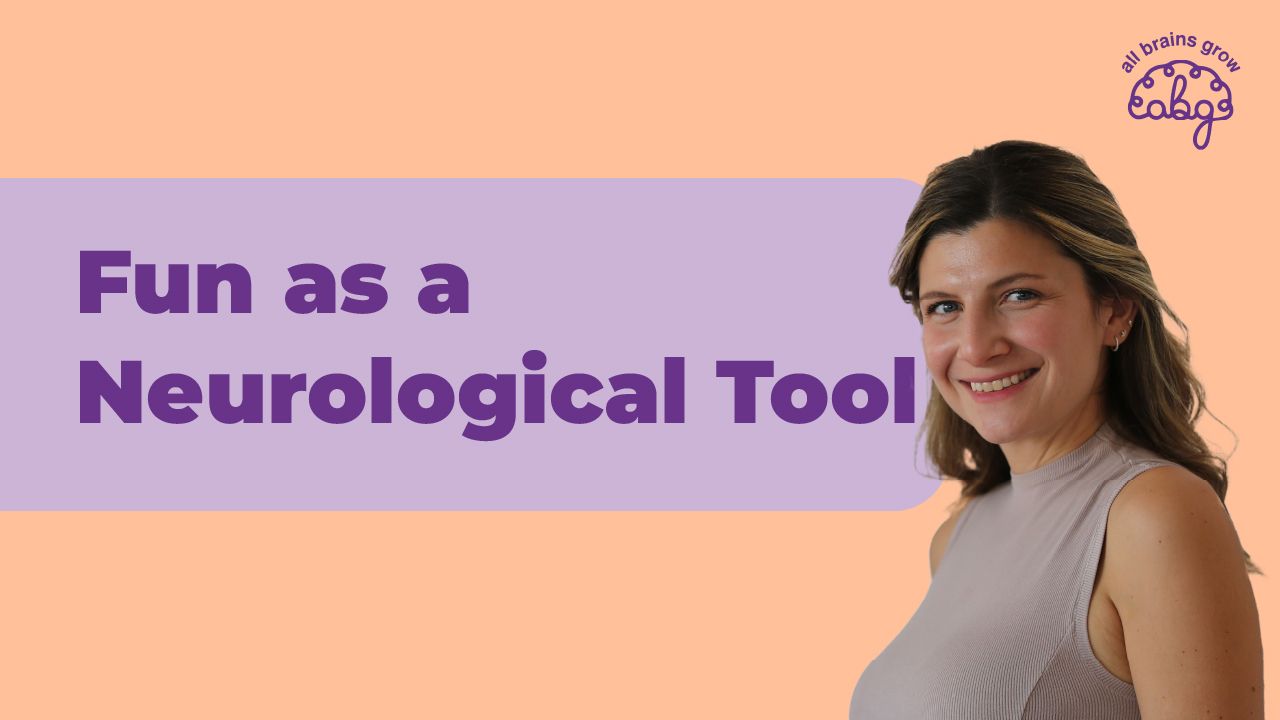What If It’s Not a Motor Issue, But a Belief Issue?
Jun 13, 2025
A father recently asked a question that resonates with many parents of neurodivergent children: My autistic son has psychomotor difficulties with his hands, but he enjoys cooking. Should I encourage this as a possible career path, or am I setting him up for failure?
This question goes straight to the heart of a common dilemma: how do we nurture our children’s interests when those interests align with their challenges? The answer lies not in pushing harder, but in shifting our approach—from micromanaging tasks to understanding motivation.
Brains Can Change, But Emotion Drives Learning
Yes, neuroplasticity means our brains are wired for growth. But the how of learning matters just as much as the what. The emotional context—whether an activity feels joyful, pressured, or boring—profoundly shapes how the brain responds. If a child is afraid to try, the signal to even attempt a task may never fire. We’re not just working on skills; we’re working on belief.
Be a Detective, Not a Dictator
When a child seems uninterested or avoids a task, it’s easy to label it as apathy or stubbornness. But often, it’s a sign we haven’t found the right entry point. Our role is to be detectives: to ask why they don’t care and discover what might spark their engagement. If cooking isn’t the right fit, that’s okay—but let that decision come from observing their motivation, not from our own expectations.
Start Small and Build Belief
Jumping straight to complex tasks—like cooking a full meal—can overwhelm a child who struggles with motor skills and self-confidence. Instead, break it down. Start with holding a fork. Celebrate that. Then progress to cutting soft food. Each small success builds new neural pathways and, more importantly, builds belief. With each step, you’re working with a different, more capable brain.
The Surprising Power of "Fun"
"Fun" might sound trivial when addressing real challenges, but it’s a powerful neurological tool. Fun means emotional safety: doing something with someone you love, free from pressure or judgment. It transforms “I can’t” into “Maybe I’ll try.” For an older child, fun might mean a relaxed, non-judgmental environment. For a younger one, it could be playful energy. This lightness opens the brain to learning in a way that drills and pressure cannot.
Teach with Intention: Fun, Follow, Feed, Fast
In the BioPlay framework, effective teaching rests on four principles:
- Fun: Keep the emotional tone light and inviting.
- Follow: Let your child’s interests and cues guide the activity.
- Feed: Reinforce the behaviors and skills you want to grow, rather than focusing on what to stop.
- Fast: Give immediate, positive feedback. Catch them doing something right and celebrate it in the moment.
These principles align with how the brain learns best, creating an environment where growth feels natural and rewarding.
You Are the Pathmaker
Ultimately, the question about cooking isn’t just about a potential career—it’s about how we help our children build meaningful futures. No therapy or intervention can replace the role you play as a parent. It’s in your daily responses, your consistent presence, and the emotional tone you set that your child’s brain is shaped.
So the next time you wonder what to encourage or how to support your child, remember: it’s not just about the skill itself. It’s about how you approach it. Show up with love, patience, and curiosity. Be the guide who helps them discover their own capability—one small, joyful step at a time.
Hear the full story on the podcast.

